The contemporary business landscape is riddled with the complexities of adhering to privacy regulations, which have become as intricate and varied as the data they aim to protect. In this digital age, where data breaches can lead to significant financial penalties and a loss of consumer trust, the need for an efficient and proactive approach to privacy law compliance is more pressing than ever.
Addressing the Compliance Conundrum
Navigating the compliance maze requires more than just a legal team; it demands a strategic approach backed by comprehensive data analysis. The International Association of Privacy Professionals (IAPP) estimated the cost of GDPR compliance for Fortune Global 500 companies to be around $7.8 billion. This staggering figure is further compounded by the Ponemon Institute‘s findings, which revealed that the cost of non-compliance can be nearly three times more than that of maintaining compliance. This economic reality makes the quest for an efficient compliance strategy not only a legal imperative but a business one as well.
AI: The Compliance Cohort
Artificial Intelligence stands at the forefront of this quest. AI technology is revolutionizing the way businesses interpret and adhere to privacy laws. By leveraging machine learning and natural language processing, AI systems can sift through the labyrinth of legal texts to provide relevant, actionable interpretations. Technologies like Pyxos represent this cutting-edge approach, offering real-time guidance that keeps pace with the continuous evolution of privacy laws.
Proactivity: A Strategic Edge
The concept of proactive compliance is reshaping the traditional reactive stance many businesses have taken. By utilizing AI, companies like those engaging with Pyxos can predict and preemptively address potential compliance issues. This forward-thinking approach goes beyond risk mitigation; it positions businesses as leaders in consumer privacy and trust.
Operational Efficacy Through AI
The operational impact of AI in compliance is significant. According to McKinsey & Company, AI can reduce compliance-related costs by 30-35%, through automating data processing and optimizing workflows. This is achieved through the automation of data processing tasks and the optimization of compliance workflows.
Innovative AI-powered compliance management solutions, aiming to integrate with a company’s existing data systems, are on the horizon. These solutions are designed to automate and streamline the compliance processes, thereby enhancing efficiency and ensuring adherence to regulations like GDPR and CCPA.
Enabling Strategic Business Decisions
Data-driven insights are crucial for empowering businesses to make well-informed strategic decisions. With the emergence of advanced AI-powered compliance tools on the horizon, companies will have the capacity to navigate complex privacy laws effortlessly. This will enable them to leverage customer data ethically and effectively, enriching their strategic partnerships and loyalty programs while ensuring full compliance with data protection regulations.
The Compliance Frontier
The future of privacy regulations is set to encompass a broader global population, with Gartner forecasting that by 2023, 65% of the world’s population will be covered by modern privacy laws. This evolution underscores the growing importance of advanced compliance solutions capable of adapting to these global changes.
The integration of AI-driven compliance solutions is not just a trend; it is a strategic imperative for businesses aiming to thrive in this new era. By engaging with Pyxos, companies can immerse themselves in an advanced compliance experience, ensuring they stay ahead of regulatory trends and maintain a competitive edge.



